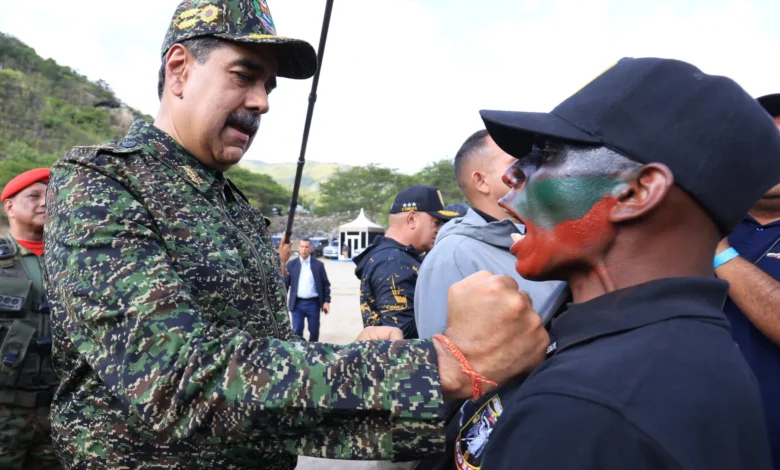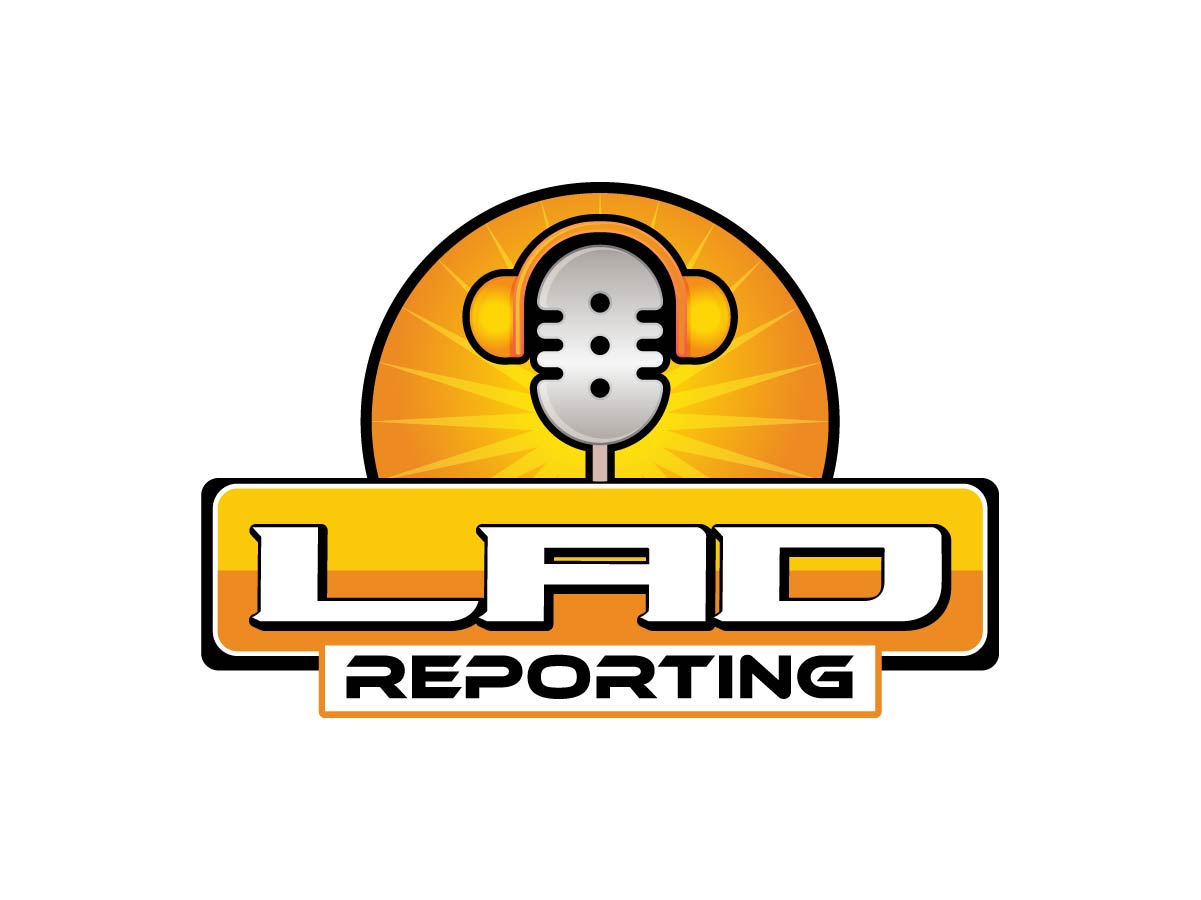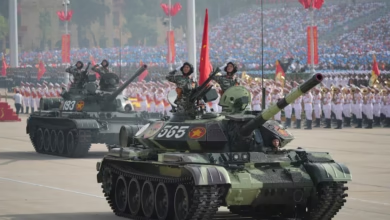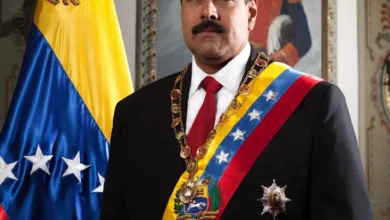U.S.-Venezuela Tensions Escalate Amid Military Buildup and Naval Strike

Venezuela has declared a state of “maximum preparedness” following U.S. military activity in the Caribbean, as President Nicolas Maduro warned of a strong national defense response. The escalation comes after President Donald Trump confirmed a U.S. naval strike on a vessel near Venezuelan waters, accusing Caracas of ties to narcoterrorism.
The U.S. deployment includes three destroyers, at least one submarine, and an amphibious ready group with Marines, according to defense officials. Maduro described the mobilization of eight vessels and a nuclear submarine, reportedly armed with 1,200 missiles, as a “historic threat” to Latin America. He pledged to mobilize 4.5 million militia members if attacked, vowing to declare a “republic in arms.”
U.S. Attorney General Pam Bondi last month doubled the reward for information leading to Maduro’s arrest to $50 million, citing links to the Tren de Aragua gang and ongoing drug trafficking charges. Washington and Caracas do not maintain formal diplomatic ties, and relations remain severely strained.
Trump told reporters Tuesday that U.S. Southern Command forces conducted a strike against a “drug-carrying boat,” killing 11 people. He said the operation targeted narcoterrorists under Maduro’s control and posed as a warning to cartels attempting to ship drugs into the United States.
Experts argue the buildup does not signal imminent invasion. “No one in their right mind thinks that with 4,500 people you can invade a country that’s got mountains, jungle and multiple urban centers,” said Christopher Sabatini, senior research fellow at Chatham House. Former U.S. ambassador to Venezuela James Story added that the presence was more likely a “show of force” than a precursor to combat operations.
Military analysts noted that U.S. interventions in Syria, Yemen, and Iran were triggered by direct threats or attacks, conditions not met by Venezuela. “In strict terms, Venezuela has neither carried out such actions nor developed threats serious enough to justify intervention,” said Carlos Solar of the Royal United Services Institute.
If conflict escalated, experts outlined that U.S. forces would likely launch precision strikes with Tomahawk missiles on Venezuelan defenses, logistics, and drone sites before considering any ground action. Analysts said Venezuela would struggle to respond effectively due to outdated naval and air capabilities weakened by sanctions and maintenance issues.
The standoff has drawn parallels to the 1989 U.S. invasion of Panama, when more than 20,000 American troops overpowered Manuel Noriega’s forces. In contrast, current U.S. deployments near Venezuela number around 4,500 personnel.
Regional reactions have been critical. Cuba denounced the U.S. naval presence as an “aggressive show of force” and rejected Washington’s claims linking Maduro’s government to organized crime. Several Latin American governments echoed concerns over sovereignty and regional stability.
The dispute unfolds against a backdrop of shifting U.S.-Venezuela interactions. In July, Washington carried out a prisoner swap with Caracas, and Chevron was recently permitted to resume oil operations in Venezuela after restrictions were briefly reinstated. Analysts say these transactions underscore the transactional nature of relations between Trump and Maduro.
Despite heightened tensions, experts maintain that large-scale U.S. military intervention in Venezuela remains unlikely.
Read More: LAD REPORTING




